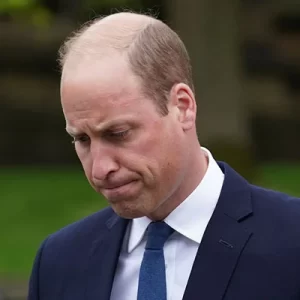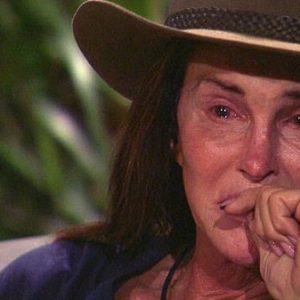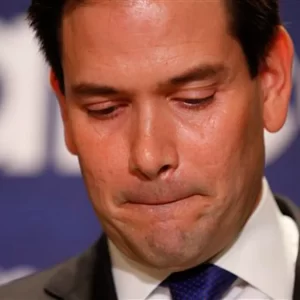The room fell silent as former President Bill Clinton stepped up to the microphone, his usually confident demeanor replaced by visible emotion. Those closest to the stage could see his eyes glistening with unshed tears, his hands gripping the podium just a little tighter than usual. The crowd, sensing the weight of the moment, held its collective breath.
Clinton took a deep breath before speaking, his voice softer and more vulnerable than the public was accustomed to hearing. “After much reflection and many difficult conversations,” he began, pausing briefly to steady himself, “I have something important to share with all of you.” The air in the room grew heavier, the silence punctuated only by the occasional click of cameras capturing the historic moment.
He went on to explain that, after years of battling health complications, he had made the painful decision to step back from public life. The former president, known for his tireless energy and dedication to global causes, admitted that his body was no longer cooperating the way it once had. “I’ve always believed in pushing forward,” he said, his voice cracking slightly, “but sometimes, the most courageous thing you can do is recognize your limits.”
The announcement sent shockwaves through the audience, many of whom had followed Clinton’s career for decades. His work with the Clinton Foundation, his speeches, and his presence on the world stage had made him a fixture in public life. The thought of him retreating from that role left many feeling a profound sense of loss.
Clinton took a moment to acknowledge the people who had supported him throughout his journey—his family, his friends, and the countless individuals who had believed in his vision. He spoke fondly of his wife, Hillary, and their daughter, Chelsea, emphasizing how their love had sustained him through both triumphs and struggles. “Without them,” he said, “none of this would have been possible.”
He also addressed the younger generation, urging them to pick up the torch and continue the work he had started. “The world needs your passion, your ideas, and your energy now more than ever,” he said, his tone shifting from sorrow to quiet determination. Even in stepping back, Clinton made it clear that his hope for the future remained unshaken.
As he concluded his remarks, the former president allowed a few tears to escape, no longer fighting to hold them back. The raw display of emotion moved many in the crowd to tears as well. Applause erupted, not just out of respect, but out of deep gratitude for all he had given over the years.
After the speech, Clinton took time to greet attendees personally, offering hugs, handshakes, and a few final words of encouragement. Though his decision marked the end of an era, his warmth and charisma remained as strong as ever. Those who spoke with him walked away feeling both heartbroken and inspired.
In the days that followed, tributes poured in from world leaders, activists, and everyday citizens whose lives Clinton had touched. Social media filled with memories of his speeches, his humanitarian efforts, and even his famous saxophone performances. The overwhelming message was clear: his legacy would endure long after his retreat from the spotlight.
Though the announcement was undeniably sad, there was also a sense of peace in Clinton’s words. He had given his all to public service, and now, it was time to rest. As the world adjusted to the news, one thing became certain—Bill Clinton’s impact would never be forgotten, and his voice, though quieter, would always be a part of the story.





